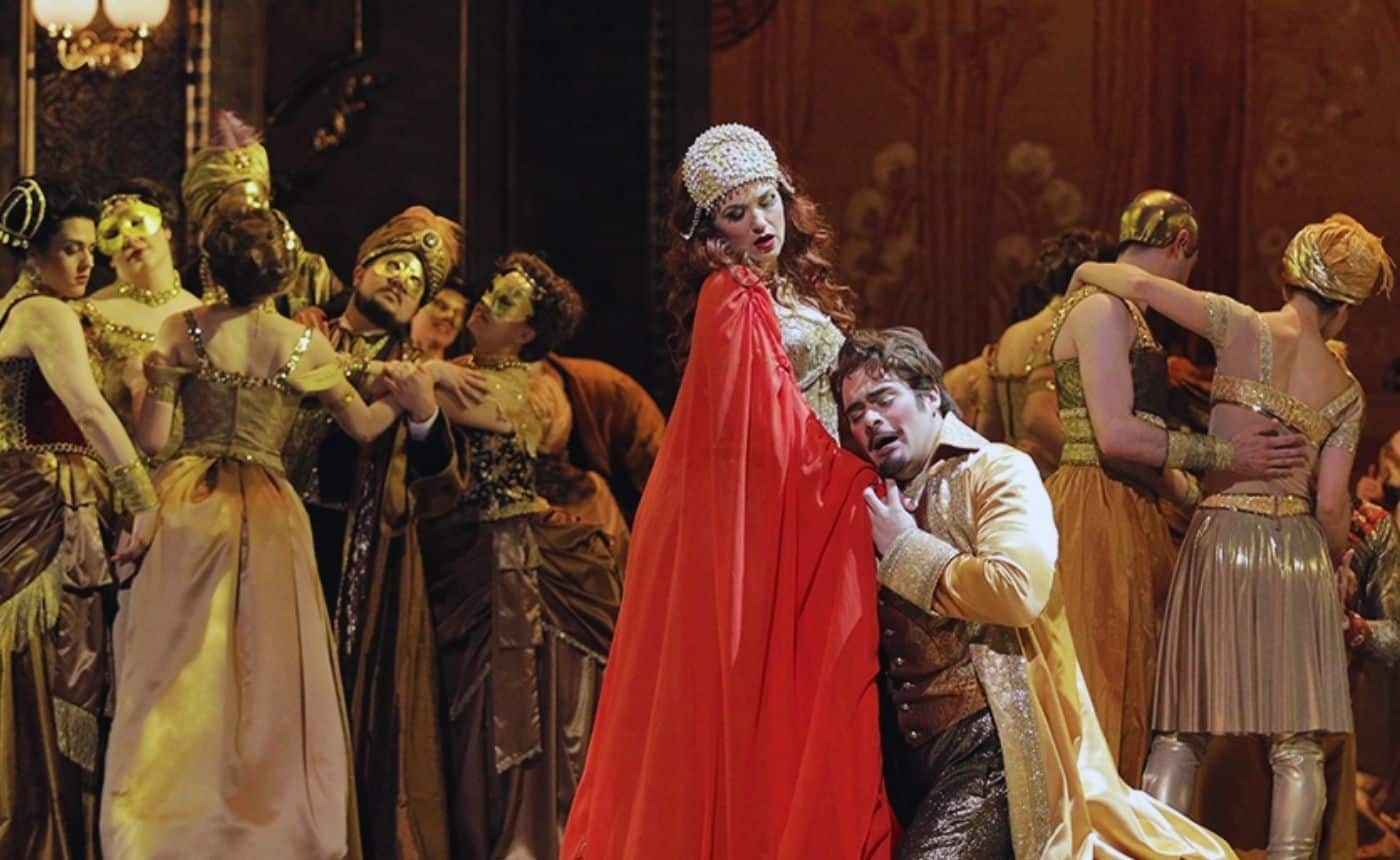Opera Gets Real: Leoncavallo, Puccini and the Rise of Verismo Opera
In 1883, fate brought two of the three potential heirs to Italy’s great operatic tradition—Giacomo Puccini and Pietro Mascagni—to a shabby apartment in Milan, where they roomed together while studying at the Milan Conservatory. The third, Ruggero Leoncavallo, was in France. These three men were destined to become friends and rivals who would revolutionize Italy’s defining art form. In 1890, Leoncavallo’s opera Pagliacci—sensational in every sense of the word—would position him, with Mascagni, as the potential new leader in the field. But within three years that title would clearly belong to Puccini.
The Italian public followed this race with the fervor and tension we associate with sports championships. It all happened in the shadow of a one-man artistic dynasty: Giuseppe Verdi, whose final opera, Falstaff, premiered in Milan in 1893. Born in 1813, Verdi dominated Italian cultural life through most of the 19th century, when the country’s unification made its citizens even more opera-conscious than before (if that’s possible). When he began composing, bel canto traditions ruled Italy’s opera houses, and his compositions seemed daring, even revolutionary. But with industrialization changing the face of Europe and Richard Wagner changing the world’s ideas about opera, Verdi’s great operas seemed to have reached an endpoint. What could come next for Italian opera?
The answer came with the Mascagni’s opera Cavalleria rusticana and with a single word: verismo, or “reality.” Until the premiere of this one-act work in 1890, opera in Italy had been dominated by gods and goddesses, historical dramas, and morally elevated allegories. Even bawdy comedies were based on strictly archetypal characters and behavioral standards that evolved from the commedia dell’arte tradition. Breaking these rules, Mascagni shocked his contemporary audiences to their bones: It was said that he took opera “into the gutter” with his adaptation of a gritty short story depicting smalltown life and the tragic consequences of a single woman’s abandonment by everyone around her.
When verismo opera became “a thing,” Ruggero Leoncavallo was ready. Perhaps because he had lived and studied in France, where Bizet’s Carmen had already brought sex and gore into opera, he was quick to recognize Cavalleria as a way into the future for Italy’s national art form, and he lost no time in composing Pagliacci—an opera that he “ripped from the headlines.” Based on an actual crime of passion among a troupe of itinerant actors, it takes those commedia dell’arte archetypes and thrusts them into a lurid tale of lust, jealousy and murder. The killing takes place as a play within a play, on stage before an unsuspecting audience of villagers who think it’s all part of the show.
Leoncavallo was the son of a judge, and claimed to remember the actual incident and trial on which Pagliacci was based. It all dated back to his boyhood, and though the accuracy of his recollections is in doubt, it’s clear that they helped him cast a powerful spell in Pagliacci. What’s more, the composer’s brilliant construction of the scenario titillated audiences with its peek at backstage scandal. It mixed the stock opera buffa characters everyone knew—the flirtatious Colombina, her jealous husband Pagliacco, her secret lover Arlecchino, her foolish admirer Taddeo—with their real-life players, and with real-life sex and gore. Critics were uncertain; audiences were enthralled. Leoncavallo’s opera was an instant hit when it premiered the year after Mascagni’s, and has remained popular ever since. If the competition to succeed Verdi had been a horse race, handicappers would have bet heavily on these two, with Puccini given an outside chance.
As things worked out, of course, the dark horse would eventually pull ahead. Ambitious and energized by the crisis in Italian opera, Mascagni and Leoncavallo had lunged out of the starting gate. But their early works proved to be the greatest they would ever produce; though Leoncavallo continued to compose, critics agree that Pagliacci is the ultimate embodiment of his talent and inspiration. Puccini’s breakthrough would not come until 1893, with a three-act, three-handkerchief opera about doomed love.
Ever the perfectionist and with superb theatrical instincts, Puccini was one of seven librettists who labored over his first major libretto, and it is said he drove the other six crazy with his demands for rewrites. But he was perfecting his craft as well as his first great opera: Manon Lescaut. Unlike his rivals’ entries in the race, this was a full-length romance that stepped back to a picturesque setting in 18th-century France, but with a storyline that takes a verismo turn into sexual adventurism and tragedy. It demonstrated his incomparable ability to capture drama and emotion in sweeping melodies. It was the first in a string of hits that put Leoncavallo’s and Mascagni’s later efforts into eclipse. By the time Puccini’s comic confection Gianni Schicchi premiered in New York in 1918, he was an international celebrity and the undisputed leader among composers of Italian opera.
For Puccini, Gianni Schicchi was something different: one-third of a triple-bill of one-acters called Il trittico. It’s both raucous and romantic. When all three are presented together, the humor of Gianni Schicchi not only makes us laugh, but also redeems the tension and grimness of two dark verismo dramas—one, Il tabarro, a steamy tale of adultery and death based on a French play; the other, Suor Angelica, depicting the tragic results of a judgmental family’s unrelenting hypocrisy.
Each of these brief operas has earned a life of its own. The delicious humor in Gianni Schicchi has attracted masters of comedy including Zero Mostel (in the title role) and Woody Allen (as director). The story dates back to the turn of the 14th century and the great Italian poet Dante Alighieri, who drew upon his own family lore to include it in Canto 30 of his immortal The Divine Comedy. But the proceedings rollick along with the modernity of a television sitcom. At the heart of it all are two young lovers whose future happiness depends on an inheritance, a prank, and deception. Duplicity is everywhere, and even the glorious aria “O mio babbino caro”—with all the tenderness of a lullaby—is actually a moment of manipulation, as a daughter wraps her father around her little finger to get what she wants.
Michael Clive’s writing on music and the arts has appeared in publications throughout the U.S. and in the U.K., as well as on the Internet (for Classical TV.com and Classical Review) and television (for the PBS series Live From Lincoln Center). He is program annotator for the Utah Symphony, the Louisiana Philharmonic Orchestra and the Pacific Symphony, and is editor-in chief of The Santa Fe Opera.





